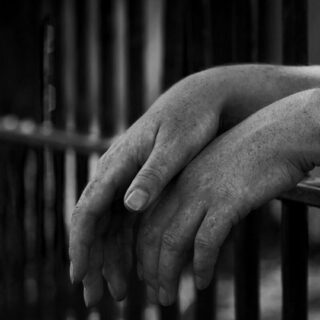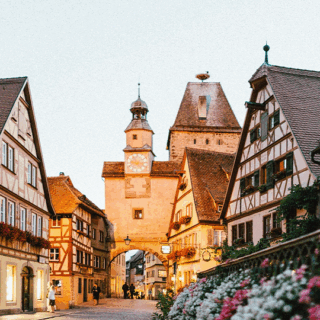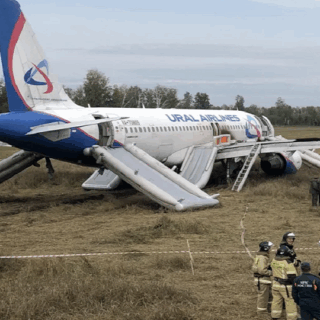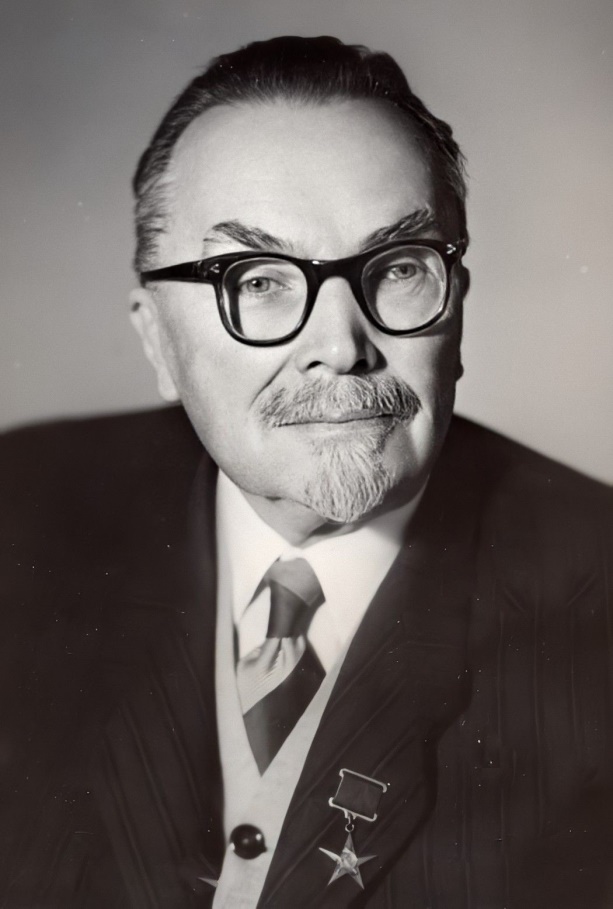
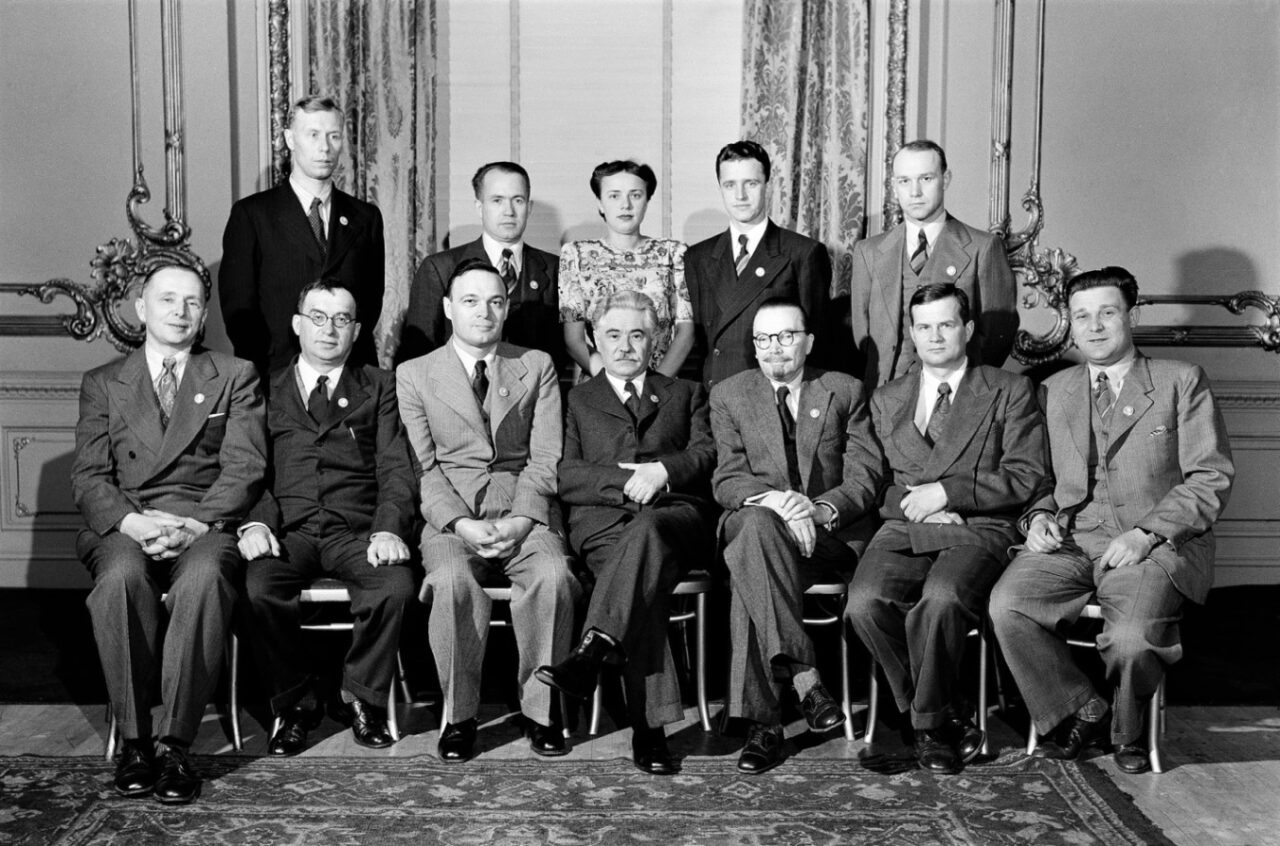
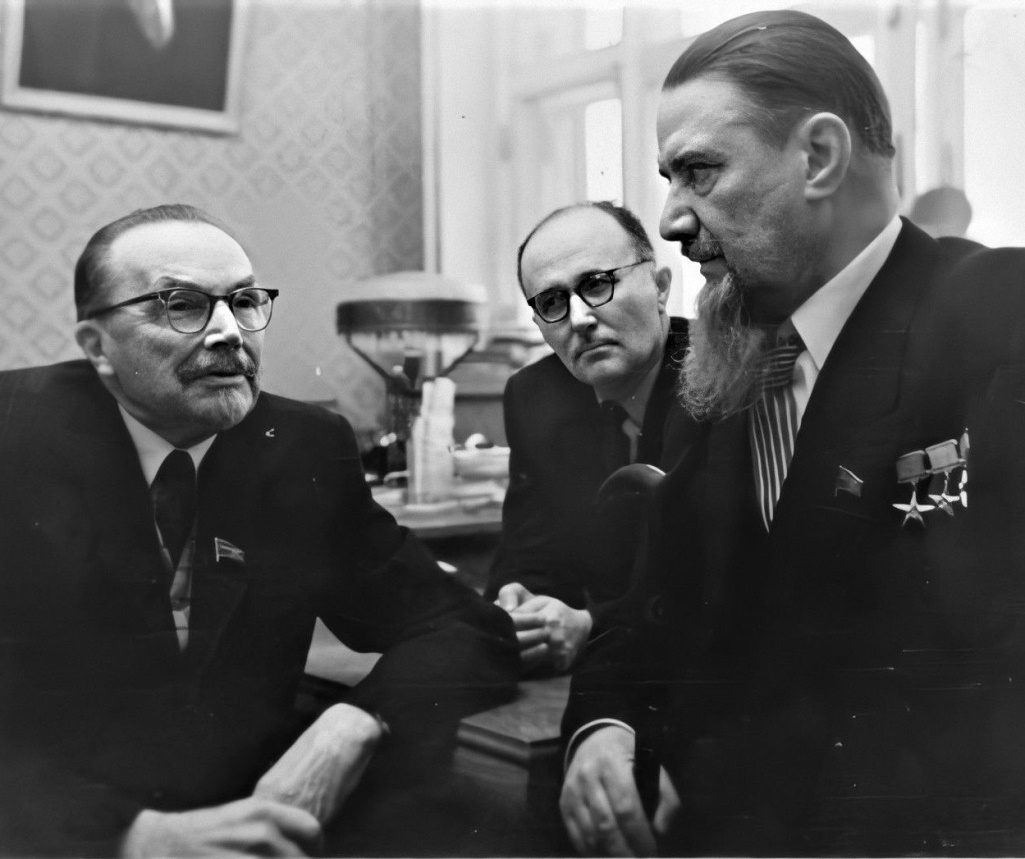
80 years ago, on June 26, 1945, the UN Charter was signed at the final meeting of the United Nations Conference in San Francisco. Ukraine and Belarus, along with the USSR, were among the 50 founding countries of this international organization. My father’s second cousin Alexander Vladimirovich Palladin signed the above mentioned historic document on behalf of the Ukrainian Soviet Socialist Republic.
A.V.Palladin (1885-1972) was a second generation scientist. His father, Vladimir Ivanovich Palladin, a member of the St. Petersburg Academy of Sciences, earned international reputation by developing the modern theory of respiration of living organisms. And Alexander Vladimirovich was the first Soviet scientist to arrange biochemical studies of vitamins. In 1924 he published the “Textbook of Physiological Chemistry”. Over the course of the next 30 years, this manual went through 25 reprints in 9 languages. Thousands of biologists, medical workers, veterinarians, and agrobiologists used it to study the basics of biochemistry.

In 1925, Alexander Vladimirovich headed the Ukrainian Biochemical Institute in Kharkov, which was created on his initiative. (In 1931 it was transferred to Ukraine’s capital and got the status of the Institute of Biochemistry of the Republican Academy of Sciences).
By the end of the 1920s, A. V. Palladin earned a solid reputation in the scientific world. In 1927 he joined a high ranking delegation that participated in the “Week of Soviet Science” in Berlin. Two years later, together with the legendary Academician Ivan Pavlov, he represented the USSR at the International Congress of Physiologists in Boston. The same year of 1929, he was awarded the Lenin State Prize.
At the beginning of the Great Patriotic War, Ukraine’s Institute of Biochemistry of the Academy of Sciences was evacuated from Kiev to Ufa. There Alexander Vladimirovich organized a series of experiments to obtain Vikasol. This drug stopped bleeding and accelerated wound healing. Quite naturally, it was widely used in Red Army hospitals. This achievement brought Alexander Vladimirovich an Order of Lenin.
In November 1943, after liberation of Kyiv from German invaders, he returned to the capital of Ukraine and resumed the work of the Institute of Biochemistry. First of all it studied the biochemistry of alimentary dystrophy, a critical problem under the circumstances of famine and a national economy badly hurt by the Nazis.
By the way, during the war Alexander Vladimirovich’s son, Pyotr Palladin, headed the broadcasting center of Leningrad Radio and ensured its uninterrupted operation (German and Finnish Siege Could Not Silence The Voice of Leningrad).
In late spring of 1945, A.V.Palladin went to the United States once again, this time as part of the delegation of the Ukrainian SSR that took part in the historic conference in San Francisco, where the UN Charter was adopted.
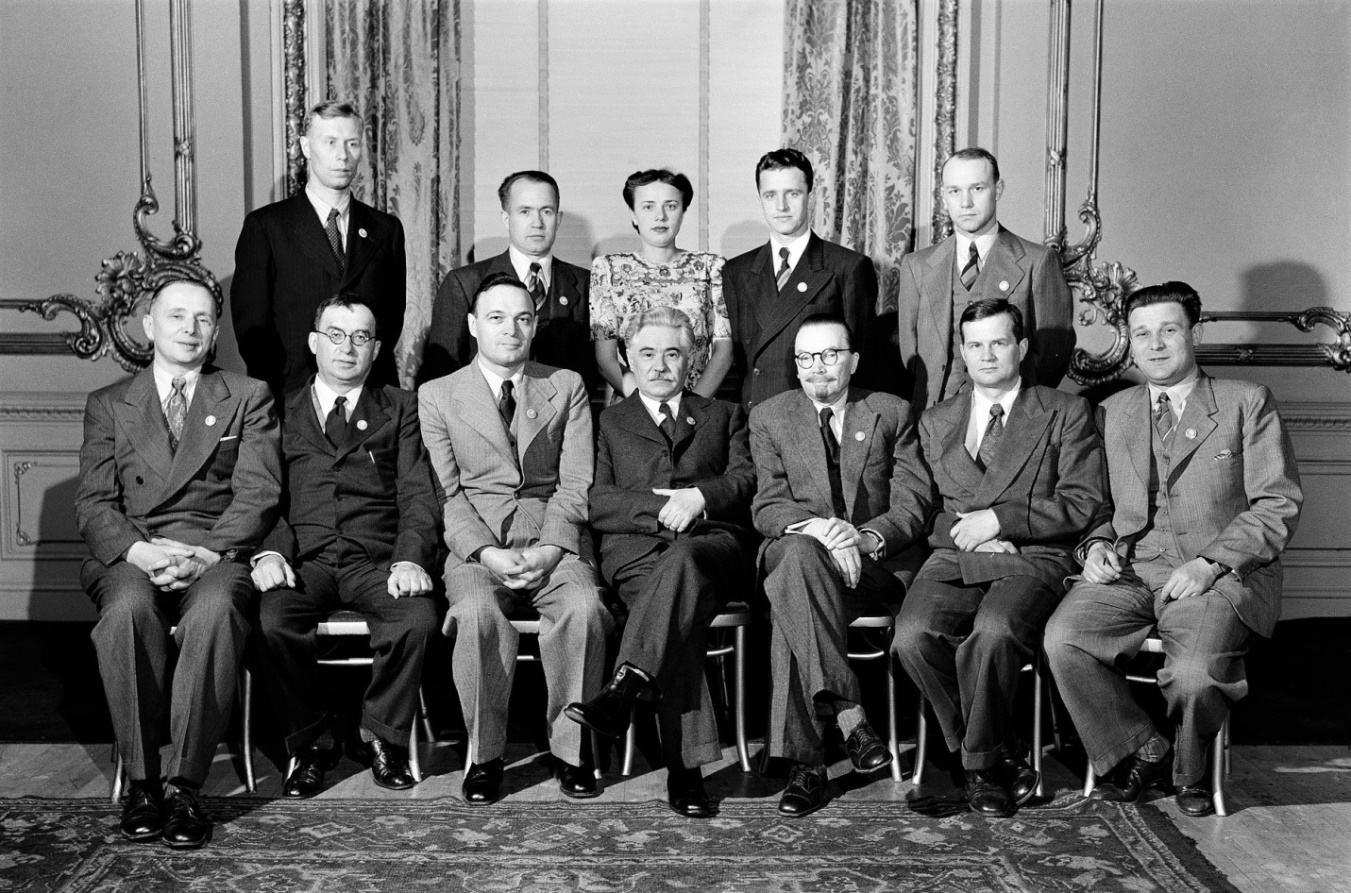
The war in Europe was over, but in the Pacific bloody battles were still going on. Upon his arrival in San Francisco, “the outstanding biochemist, Professor Alexander V.Palladin expressed his willingness to share with American scientists the formula for Vikasol that he had discovered during the war”. In an interview with United Press International, he added: “In summer of 1943, shortly before the Battle of Kursk, I went to the Voronezh Front and instructed the medical staff of the Red Army field hospitals on usage of Vikasol. And soon it was used at all fronts.”
On June 26, 1945, Alexander Vladimirovich joined Dmitry Manuilsky and Ivan Senin, Deputy Heads of the Council of Ministers of the Ukrainian SSR, at the UN Charter signing ceremony.
In 1946, A.V.Palladin was elected as President of the Academy of Sciences of the Ukrainian SSR. In Ukraine, he enjoyed well-deserved respect as the author of more than 300 scientific works and the founder of the republican school of biochemists. “Palladin possessed an exceptional talent for deep analytical thinking and creation of new productive ideas. He always worked with extreme enthusiasm, and this was passed on to others. His activities were based on two main elements: reason and feeling.” This is how one of his colleagues, Academician V. A. Belitser, characterized him.
A.V.Palladin enjoyed well deserved respect at the all-Union level, too. He was elected as a deputy of the Supreme Soviet of the USSR four times, plus got six Orders of Lenin, the Order of the October Revolution, two Orders of the Red Banner of Labor, the Order of the Red Star. And in 1955 he was awarded the title of Hero of Socialist Labor.

Almost until the very end of his long life (Alexander Vladimirovich died at the age of 87), he was actively engaged in scientific research as a pioneer in a number of scientific fields that laid the foundation of modern biochemistry, molecular biology, theoretical and practical medicine.
The Academies of Sciences of Bulgaria, Hungary, Poland, and Romania elected him as their honorary member. And at the 1st International Neurochemical Congress, held in Strasbourg (France) in 1967, A.V.Palladin got recognition as the patriarch of world functional neurochemistry.
He managed to combine highly successful scientific activities with multifaceted social work. He was the founding father of the International Neurochemical Society, permanent chairman of the Ukrainian Scientific Society of Physiologists, Biochemists, and Pharmacologists, and in 1964-1969 he headed the All-Union Biochemical Society.
Recognizing the need for mass education of the adult population, in 1947 Stalin suggested that the Society for Dissemination of Political and Scientific Knowledge (ultimately known as the “Knowledge” society) should be launched. Alexander Vladimirovich Palladin became its first chairman in Ukraine.


